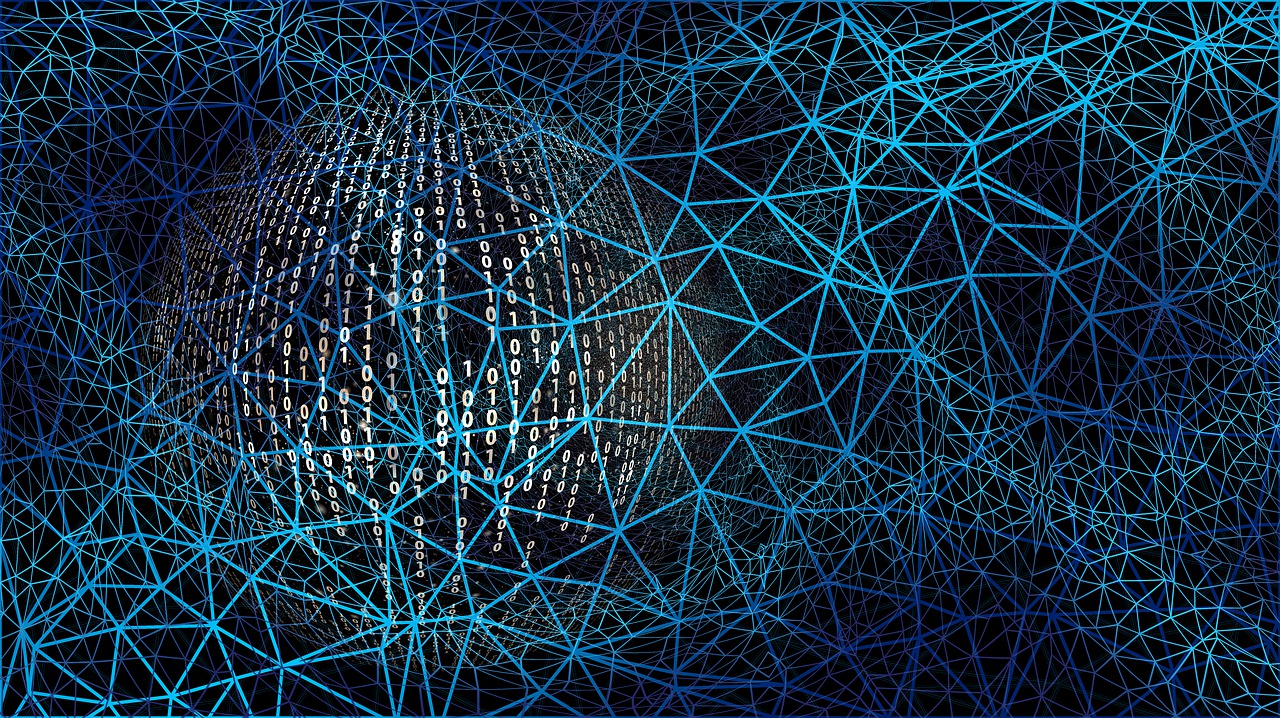
One of the most popular movies where we’ve learned about teleportation is Star Trek. It was fascinating, and it made us think if the process of “breaking yourself down to your constituent molecules, beaming yourself across space and reassembling somewhere else” is really possible to happen in the future.
Well, whether such a cool thing will happen or not it remains to be seen, but in the meantime, we don’t have to wait for the future to benefit from one form of teleportation, that of quantum teleportation. The principle of quantum teleportation shouldn’t necessarily related only to humans. It can, at least for the moment, relate to our forms of communications in ways that we can safeguard them from cyber criminals. Just as an FYI, crimes in cyberspace were projected to cost the global economy nearly $450 billion in 2016.
But significant progress is being made in the fight against cyber crime. Recently, China has proven that hack-proof digital communication is possible through its quantum-enabled satellite Micius.
Through a joint project with the University of Vienna and the Austrian Academy of Sciences, the Chinese Academy of Sciences has shown that entangled photons could be transmitted with 100 per cent precision at distances far greater than the capability of standard fiber-optic cables.
Fiber-optic cables are currently the most widely-used channels to transmit data. But, in spite of the superiority they have over wired cables, they are still vulnerable to hacking since their reach of transmission is only up to 200 kilometers. Repeater stations can be utilized to boost signals, but then they become an easier target for hacking.
The China-Austria joint project, Quantum Experiments at Space Scale (QUESS), is aiming for the development of quantum encryption and quantum teleportation technology. Micius, which was launched last year, carries a quantum key communicator, laser communicator, quantum entanglement emitter, entanglement source, and processing unit. It was intended to accomplish a mission that could prove hack-proof digital communication and even the possibility of a quantum internet in the very near future.
According to a Business Insider report, the researchers were able to succeed with the experiment due to strategic actions. They built a special transmitter on a Tibetan mountain range which meant there would be very little air between the transmitter and the quantum satellite. Such condition would make it easier to transmit the entangled photons undisturbed.
Then, they used a special kind of crystal to produce pairs of photons through which they beamed an ultraviolet laser. The laser beam and its quantum-entangled photons were then split up. One photon was on the ground and another was sent to Micius at an amazing speed of approximately 4,080 entangled photons per second.
During the process, the researchers had also made sure that their quantum satellite was working only during cold temperature and that all possible sources of light, like the moon and the starts, were blocked. Any infrared light would disturb the entangled protons in transmission.
China and Austria succeeded in their repeated endeavors with QUESS, including the latest space-to-ground quantum key distribution to two mountaintop stations which were 645 and 1,200 kilometers away.
Experts around the world lauded the effort.
And although China acknowledges that there’s still so much to do to perfect the system, with this kind of accomplishment a quantum internet is not very far away.
“Quantum physicists can see it coming: the quantum internet, quantum information technology, quantum computing, quantum cryptography,” J. C. Seamus Davis, a physicist at the Cornell University, told Business Insider in an interview, adding that “[t]hese are just now coming over the horizon, and in 30 to 50 years from now, they’re going to dominate the way the world works.”
It goes without saying that the world can now look forward not only to hack-proof communications but the most advanced internet technology as well.


Leave a Reply